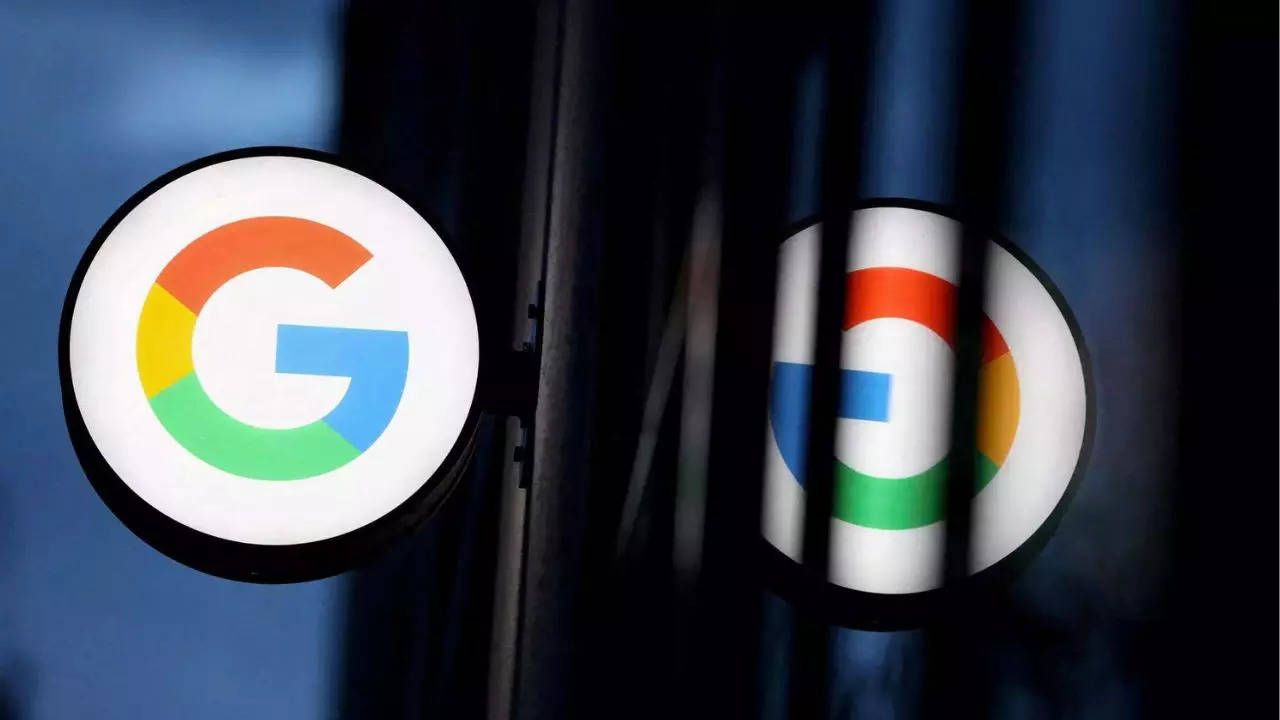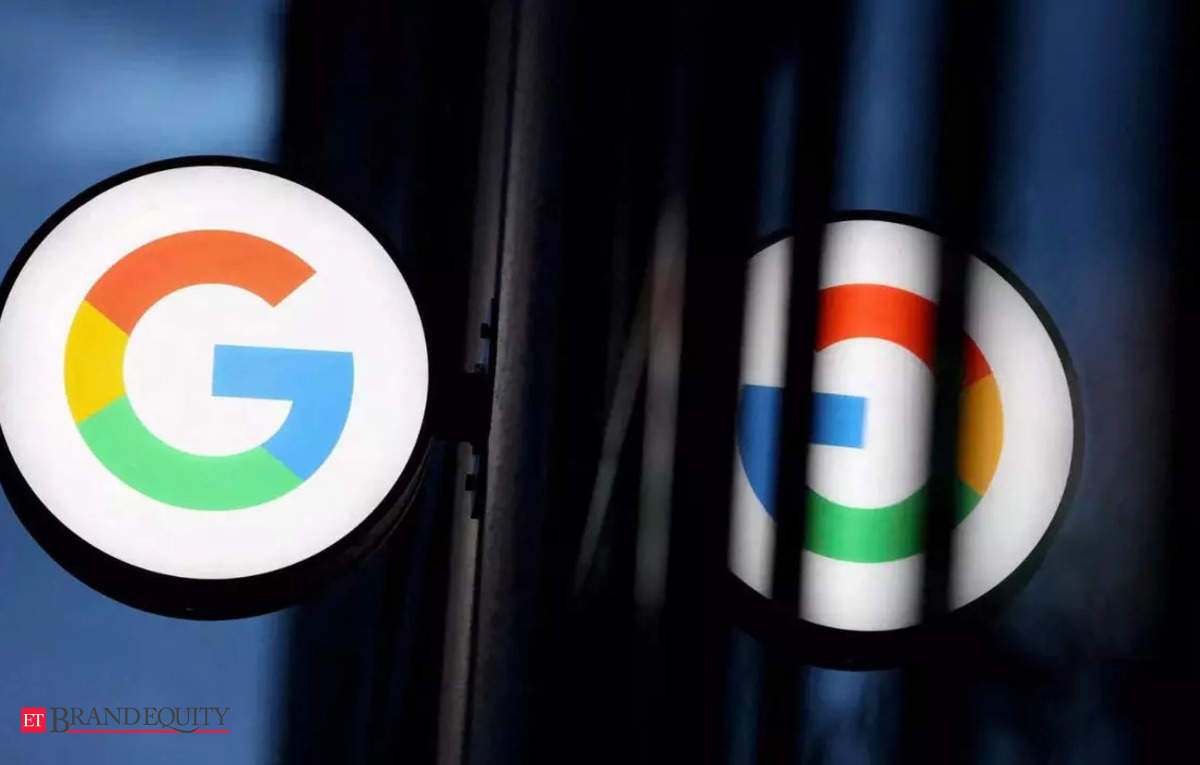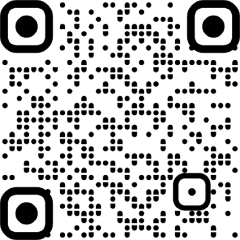[ad_1]

Google on Wednesday reached a settlement in a patent infringement lawsuit over chips that power the company’s artificial-intelligence technology, according to a filing in Massachusetts federal court.
The settlement comes the same day that closing arguments were scheduled to begin in a trial on Singular Computing’s lawsuit, which had sought $1.67 billion in damages for Google’s alleged misuse of its computer-processing innovations.
Details of the settlement were not immediately available. Representatives for Google and Singular confirmed the settlement but did not provide more information about it.
Google spokesperson Jose Castaneda said that the company did not violate Singular’s patent rights and that it was “pleased to have resolved this matter.”
Singular, founded by Massachusetts-based computer scientist Joseph Bates, claimed that Google incorporated his technology into processing units that support AI features in Google Search, Gmail, Google Translate and other Google services.
The 2019 lawsuit said that Bates shared his inventions with the company between 2010 and 2014. It argued that Google’s Tensor Processing Units copied Bates’ technology and infringed two patents.
Google introduced the units in 2016 to power AI used for speech recognition, content generation, ad recommendation and other functions. Singular said that versions 2 and 3 of the units, introduced in 2017 and 2018, violated its patent rights.
Internal emails cited during the trial’s opening statements on Jan. 9 showed that Google’s now-chief scientist, Jeff Dean, wrote to others about how Bates’ ideas could be “really well suited” for what Google was developing.
Google countered that the employees who designed its chips never met Bates and created them independently. The company said its technology was “fundamentally different than what is described in Singular’s patents.”
[ad_2]
Source link






